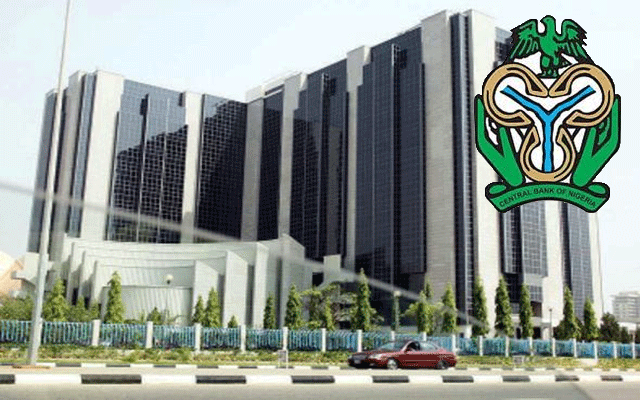Nigeria is a nation with immense economic potential, yet it continues to grapple with chronically low revenue generation. The irony is glaring: while the country boasts one of Africa’s largest economies, it consistently records one of the lowest tax-to-GDP ratios in the world; just 10.8 percent in 2023, according to the Federal Inland Revenue Service (FIRS), compared to the continental average of about 16 percent. The gap is not merely a statistical shortfall; it is a fiscal chasm that starves the country of funds for infrastructure, healthcare, education, and security.
The reasons are no mystery. Tax evasion and underpayment remain endemic, driven by a combination of weak enforcement, poor taxpayer data, and outdated collection systems. Entire swathes of the informal sector, estimated to account for more than 50 percent of GDP, remain outside the tax net. Meanwhile, sophisticated evasion tactics in the formal economy, from underreporting income to exploiting loopholes, further erode the base.
To close this gap, Nigeria must pivot decisively toward smart revenue collection. This means deploying technology-driven systems that can identify, track, and onboard tax evaders without relying solely on traditional, manpower-heavy enforcement. Countries like Rwanda and Kenya have shown that digital tax platforms, real-time transaction monitoring, and automated compliance alerts can dramatically boost collection while reducing leakages.
For Nigeria, the first step is to unify taxpayer databases across agencies, linking National Identification Numbers (NINs), bank verification numbers (BVNs), corporate registries, and property records into a single, integrated system. This would allow authorities to cross-reference financial activity with declared income, making it far harder for individuals and businesses to hide in plain sight.
Second, the adoption of electronic invoicing and real-time point-of-sale integration for businesses would ensure transparent reporting of transactions. This technology not only discourages underreporting but also builds a culture of compliance by making tax collection seamless and less prone to human interference.
Third, enforcement must be smart, not just punitive. Predictive analytics can identify likely evaders before they disappear from the system, while targeted amnesty programmes can bring willing defaulters into compliance without lengthy court battles. When paired with taxpayer education and incentives, this approach builds trust in the system, critical in a country where many view taxation as a one-way street to government coffers.
The payoff from smart revenue collection is massive. If Nigeria were to raise its tax-to-GDP ratio to even 15 percent, still below the African average, it could generate an additional ₦15 trillion annually, enough to transform infrastructure, boost public services, and reduce dependence on volatile oil revenues.
The technology exists. The expertise exists. What is needed is political will, institutional coordination, and the courage to disrupt entrenched systems that benefit from the status quo. Every year Nigeria delays, billions slip through the cracks, funds that could build roads, power schools, and strengthen security.
In the end, smart revenue collection is not about squeezing taxpayers harder; it is about making sure everyone pays their fair share. It is about replacing a leaky bucket with one that holds water. And for Nigeria, that is not just a fiscal necessity, it is an economic lifeline.





